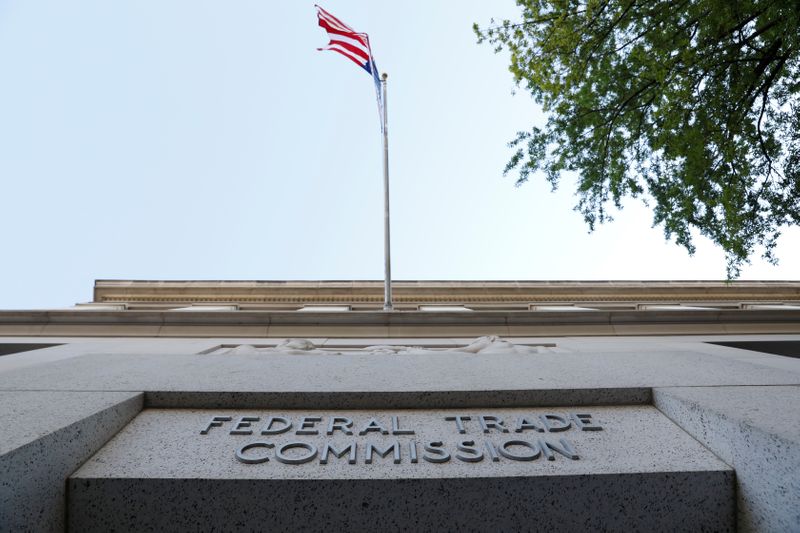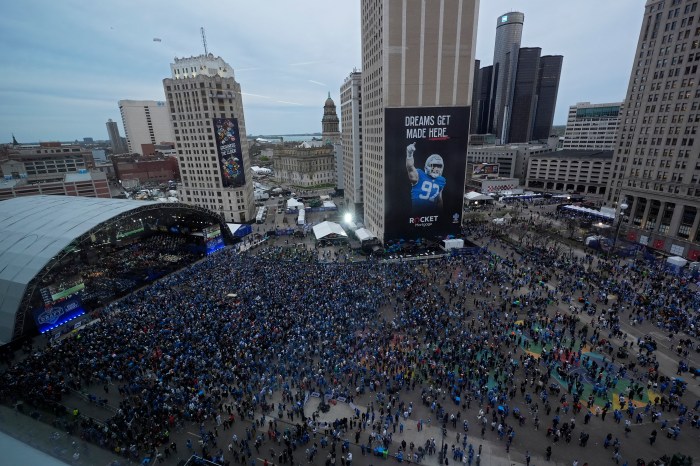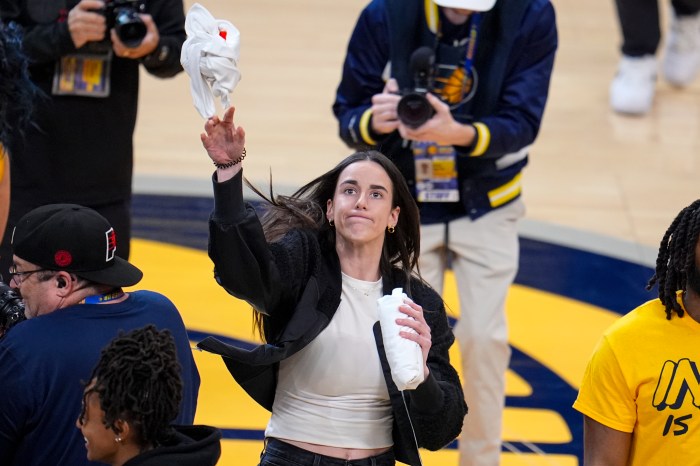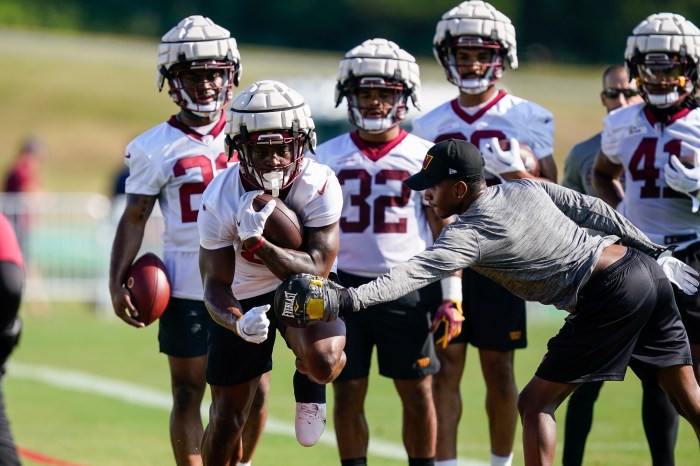WASHINGTON (Reuters) -Some 70 U.S. for-profit colleges, including some of the largest, were sent notices that the Federal Trade Commission could impose “significant financial penalties” if the schools deceive students about how successful their graduates were, the agency said on Wednesday.
The FTC commissioners, who often split along party lines, voted 5-0 to use a dormant penalty authority against any school that, for example, overstated how likely it was that graduates would get jobs and how much they could hope to earn.
The notices were sent to schools https://www.ftc.gov/system/files/attachments/penalty-offenses-concerning-education/higher_ed_notice_recipient_list.pdf that included “the largest for-profit colleges and vocational schools” in the United States, the agency said in a statement, while adding that a school receiving a letter was not an indication of wrongdoing.
Complaints about for-profit schools rose some 70% between 2018 and 2020, the agency said.
The notices echo an effort by the Obama administration to pursue for-profit schools whose former students have high loan default rates. At least one chain of schools, Corinthian Colleges, collapsed when its students were denied access to federal student loans.
“For too long, unscrupulous for-profit schools have preyed on students with impunity, facing no penalties when they defraud their students and drive them into debt,” said FTC Chair Lina Khan in a statement. “Working closely with our state and federal partners, we’ll be monitoring this market carefully.”
The letters were sent to the University of Phoenix, DeVry University and Grand Canyon University, among others.
A spokesman for Grand Canyon declined to comment but said that the school was now a nonprofit, although he said that the Education Department continued to treat it as a for-profit and the issue was the subject of litigation. The other two schools did not respond to a request for comment.
(Reporting by Diane Bartz; Editing by Cynthia Osterman)



















